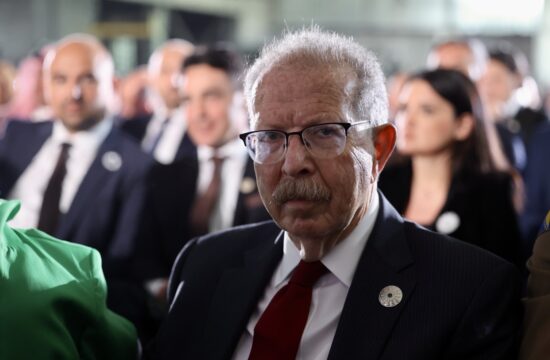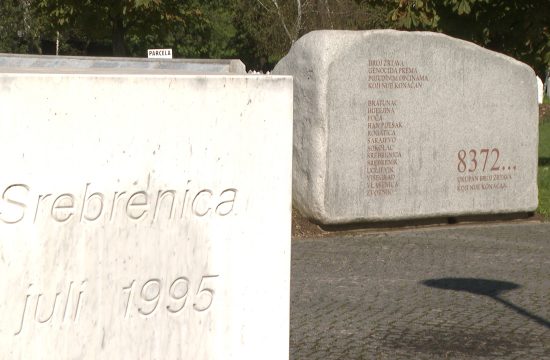Britain's Foreign & Commonwealth Office report on the Western Balkans states, among other things, that Russia supports Serb para-military forces in Bosnia, and it is a powerful ally of the Republika Srpska (entity) President Milorad Dodik.
Outside actors such as Russia, China and Turkey have filled a void created by EU neglect of the Western Balkans over the past decade. Anastasakis, Drezov and Koneska told us that China and Turkey are big investors in the Western Balkans and that their reputations in the region were largely positive.
Many suggested that, by contrast, Russian influence in the region is weak, not least because its economic presence is limited. Despite this, Russia is capable of exploiting the region’s problems and undermining its progress towards peace, prosperity and, ultimately, EU and NATO membership.
The FCO also highlighted Russia’s support for the “destabilising activities of political leaders in the Republika Srpska” in Bosnia and Herzegovina and cited media reports in early 2018 that local police were purchasing “long-barrelled weapons” from Russia, fuelling fears of Russia’s ability to destabilise the fragile peace settlement in Bosnia and Herzeogvina.
A number of witnesses also pointed to Russia’s support for Milorad Dodik, president of the autonomous Republika Srpska in Bosnia and Herzegovina, who has, according to Dimitar Bechev from the University of North Carolina “engaged in brinkmanship, threatening repeatedly to initiate a referendum for secession from Bosnia and Herzegovina”.
Fiona McIlwham (Director of the FCO’s Western Balkans Department) said that the FCO was “very concerned about the situation in Bosnia”, where there are increased tensions between the three main ethnic groups.
The problems facing the Western Balkans are deeply-rooted and intricately interwoven. Its path to European integration will be long and halting and there is no guarantee of success.It is vital that the UK and its EU and NATO partners maintain their commitment to the region, but they must acknowledge the difficulties and risks involved and recognise that it will likely take a long time to make a substantive difference, the report states.
The FCO warns, however, that Russia is willing to do what it can to disrupt the Western Balkans’ path to stability and democracy. This is demonstrated by Russia’s support for an attempted coup in Montenegro in 2016 and reports of Russian attempts to supply arms to militant groups in Bosnia and Herzegovina.
Similarly, there is a risk that Russia will try to subvert or stop the ratification of the agreement recently reached between Greece and Macedonia to end their long-running name dispute, particularly in any referendum that may be held in Macedonia.



